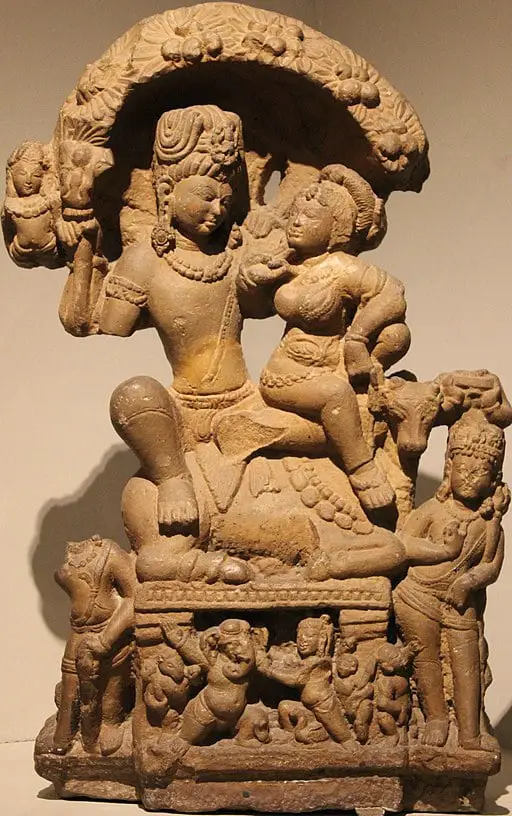key tenets of Hindu social philosophy include the following:
- Dharma: Dharma is a Sanskrit word that has a wide range of meanings, but in the context of Hinduism, it can be understood as the law or duty that governs all aspects of life. Dharma is not a fixed set of rules, but rather a set of principles that guide individuals and society towards a moral and ethical way of living.
- Karma: Karma is the law of cause and effect. It states that every action has a reaction, both in this life and in future lives. Karma is often seen as a way of explaining why good people sometimes suffer and bad people sometimes prosper.
- Samsara: The Social Philosophy of Hinduism promotes liberation from Samsara, Which is the cycle of birth, death, and rebirth. Hindus believe that all living beings are trapped in samsara and that the goal of life is to escape from samsara and achieve moksha, or liberation.
Samsara is a Sanskrit word that means “wandering” or “worldly existence” and refers to the cycle of birth, life, death, and rebirth in Hinduism.
According to this belief, all living things have an atman, which is a piece of Brahman, or a spirit or soul.
It is the atman that moves on into a new body after death.
The whole process of rebirth is cyclic, with no clear beginning or end, and encompasses lives of perpetual, serial attachments. Actions generated by desire and appetite bind one’s spirit (jiva) to an endless series of births and deaths.
- Moksha: The social Philosophy of Hinduism encourages to attainment of Moksha, which is the final goal of life for Hindus. It is the state of liberation from samsara and the attainment of perfect union with Brahman, the supreme reality.
These four concepts are central to Hindu social philosophy. They provide a framework for understanding the world and our place in it, and they guide us towards a moral and ethical way of living.
In addition to these four concepts, there are a number of other important themes in Hindu social philosophy. These include:
- The importance of family and community: Hindus place a high value on family and community. They believe that we are all interconnected and that we have a responsibility to support each other.
- The importance of compassion and non-violence: Hindus believe in the importance of compassion and non-violence. They teach that we should treat all living beings with respect and kindness.
- The importance of tolerance and pluralism: Hindus believe in the importance of tolerance and pluralism. They teach that we should respect the beliefs of others, even if we disagree with them.
These are just some of the key tenets of Hindu social philosophy. It is a complex and diverse philosophy, but it is one that is rooted in the values of compassion, non-violence, tolerance, and pluralism.
How does karma affect samsara?
The core concept of Hindu Social Philosophy is about how Karma affects Samsara.
Karma is the universal Law of Cause and Effect. It states that for everything that we do, there will always be a return of such action. Even doing “nothing” begets something. Karma has also been scientifically stated by Newton’s Law stating that “for every action, there is an equal and opposite reaction”.
So in essence Karma is a Universal Law that governs all things and not just humans. Karma is the effect, while Kriya is the action or intention.
This means that not only actions have effects but also intentions. Intentions have a cosmic energy in them and hence they cause certain types of energies to be released with them.
Samsara is the cycle of birth, life, death, and rebirth in Hinduism. The whole process of rebirth is cyclic, with no clear beginning or end, and encompasses lives of perpetual, serial attachments. Actions generated by desire and appetite bind one’s spirit (jiva) to an endless series of births and deaths.
Therefore, karma affects samsara by determining the quality of life one will have in their next birth.
Image credit
Nomu420, CC BY-SA 3.0, via Wikimedia Commons
